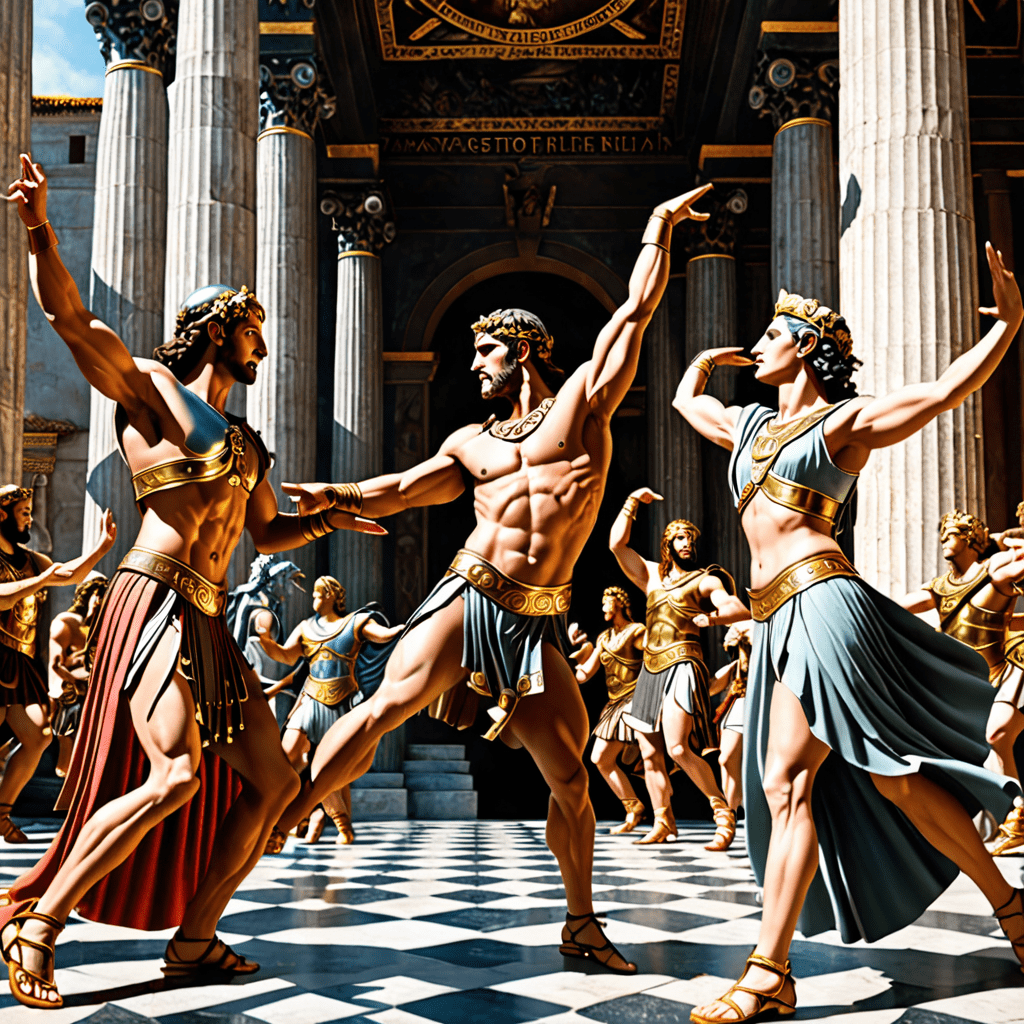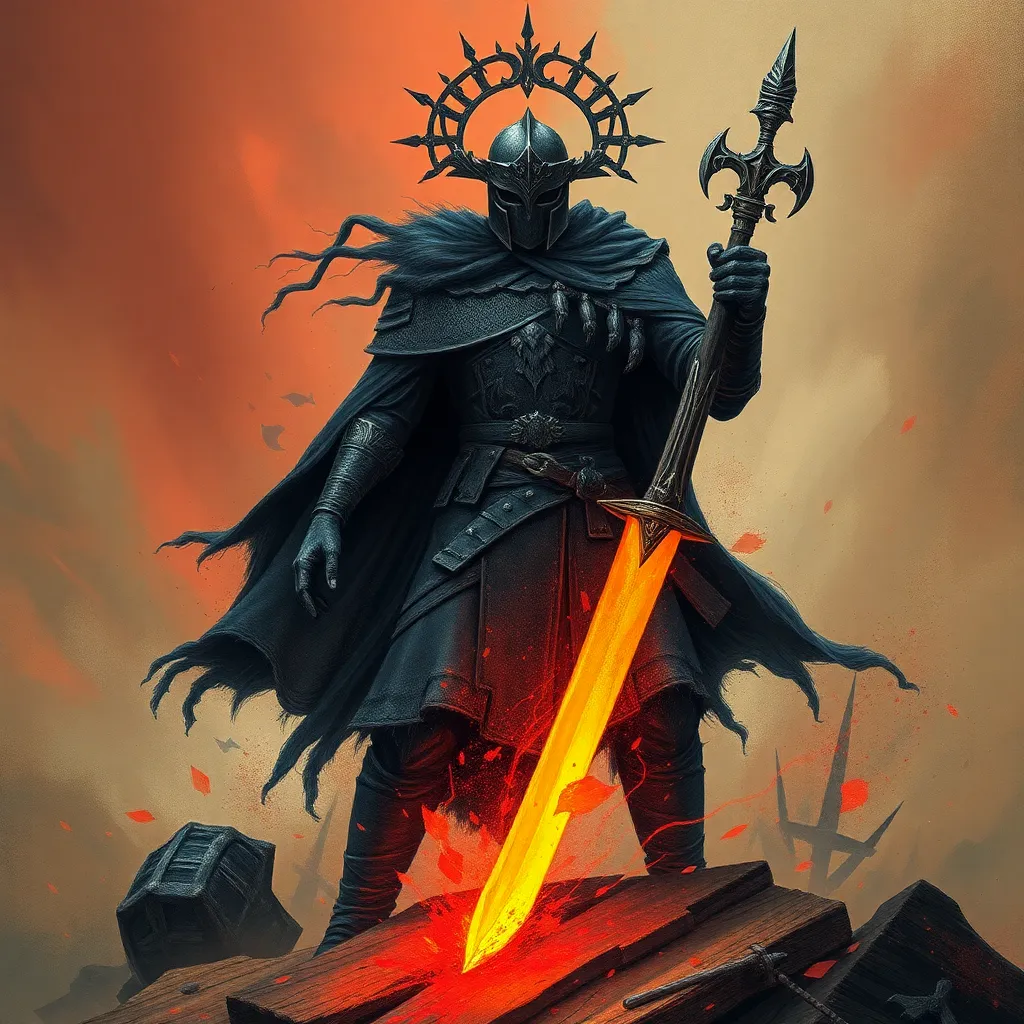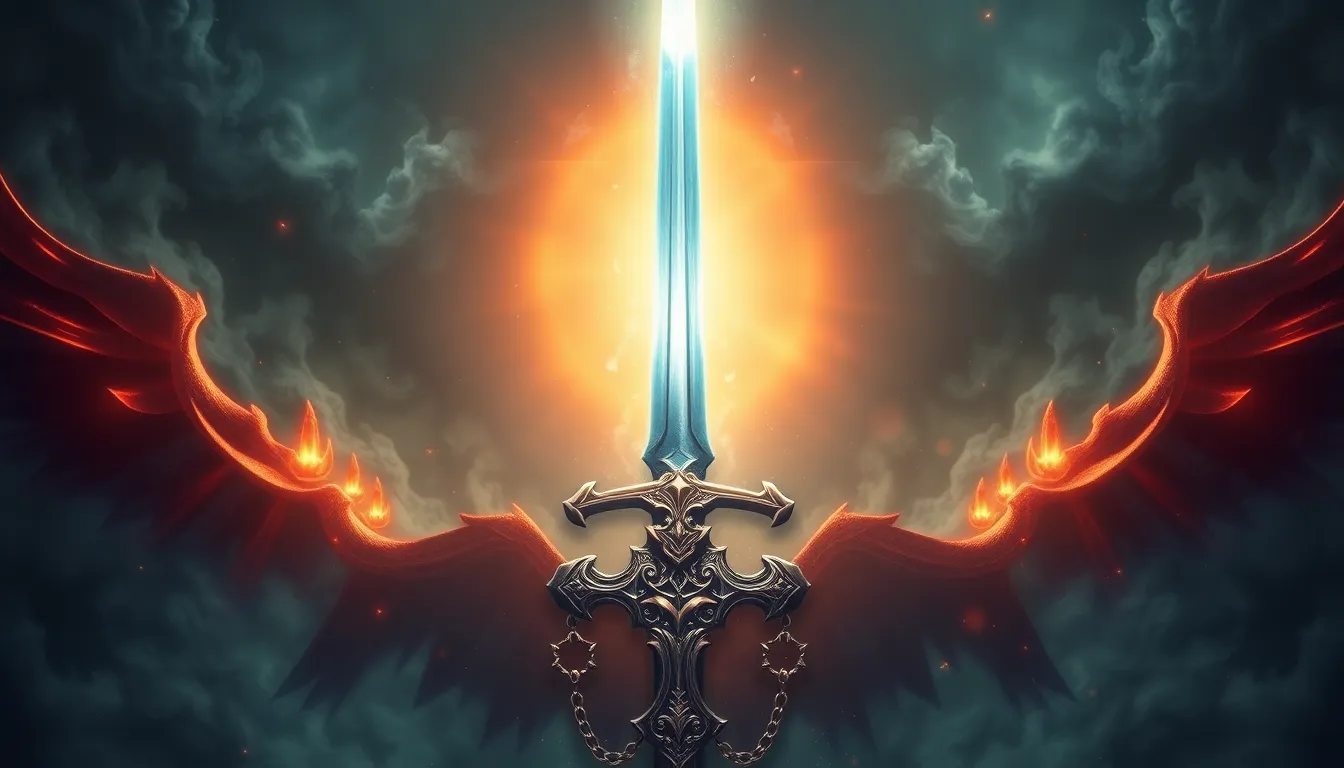Exploring Roman Mythology: Gods of Music and Dance
Music and dance have always played a significant role in various cultures, and Roman mythology is no exception. The Romans had deities dedicated to art, music, and dance, reflecting the importance of these expressions in their society. Let’s dive into the realm of Roman gods associated with music and dance.
1. Apollo
Apollo is one of the most prominent figures in Roman mythology related to both music and dance. As the god of the sun, light, poetry, and music, Apollo was believed to bring harmony and balance to the world through his musical abilities. He is often depicted playing the lyre, a string instrument, and leading the muses in their artistic pursuits.
2. Terpsichore
Terpsichore is the muse of dance and chorus in Roman mythology. She is celebrated for her grace, elegance, and ability to inspire dancers and musicians alike. Terpsichore is often portrayed with a lyre or a plectrum, symbolizing her connection to both music and dance.
3. Bacchus
While primarily associated with wine and revelry, Bacchus, also known as Dionysus in Greek mythology, is a god closely tied to festive music and ecstatic dance. His followers, known as Bacchantes, engaged in frenzied celebrations accompanied by music, dance, and the consumption of wine.
4. The Muses
In Roman mythology, the Muses are nine goddesses who preside over the arts and sciences. Among them, Euterpe is the muse of music and Terpsichore is the muse of dance. The Muses were believed to inspire creativity in various artistic endeavors, including music, dance, poetry, and literature.
Exploring the rich tapestry of Roman mythology reveals the deep-rooted connection between divinity and artistic expression, showcasing the intrinsic value that music and dance held in ancient Roman culture.
Frequently Asked Questions about Roman Mythology: Gods of Music and Dance
Who are the main gods of music and dance in Roman mythology?
In Roman mythology, the main gods associated with music and dance are Apollo and Bacchus. Apollo is the god of music, poetry, and healing, while Bacchus is the god of wine, fertility, and ecstasy, often connected to revelry and dance.
What role did Apollo play in music and dance in Roman mythology?
Apollo was revered as the leader of the Muses, the goddesses of the arts, and he was considered the ultimate musician. Apollo’s mastery of the lyre and his association with harmony and the arts made him a significant figure in music and dance in Roman mythology.
How did Bacchus influence music and dance in Roman mythology?
Bacchus, also known as Dionysus in Greek mythology, was the god of wine, celebrations, and ecstasy. He was often linked to frenzied dances and wild, orgiastic rituals where music played a crucial role. Bacchus’s presence brought about a sense of liberation and uninhibited revelry, influencing music and dance in Roman mythology.


